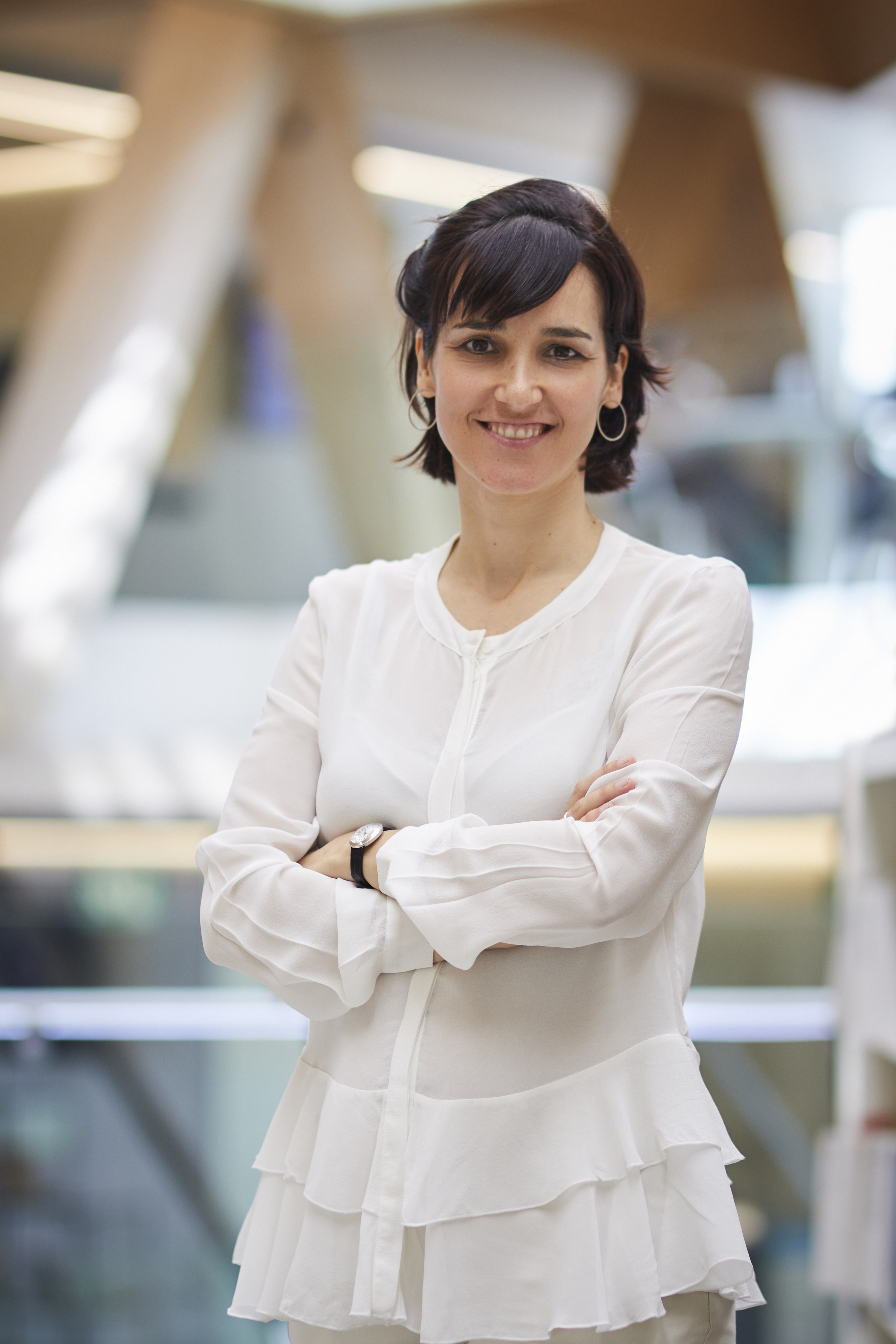
I am an Associate Professor at the Institute for Theoretical Physics at the University of Innsbruck (Austria) and the PI of this group. I am also a Visiting Professor at DTIC of the Pompeu Fabra University (Barcelona).
I work on trying to understand the reach of universality & unreachability across disciplines. A good entry point to this topic may be this TEDx talk or this invitation to our framework for universality. This line of thought made us see local hamiltonians as grammars and classify spin models as languages in the Chomsky hierarchy. We have also recently examined notions of universality in natural languages. One kind of universality we understand well is that of spin models.
Some have argued that, because we humans seem to be able to make sense of paradoxes that computers or formal systems can't, our mind is more powerful; we argue that the answer should be more nuanced here.
I believe that considerations about the lack of ultimate closure [cf. Priest's Beyond the limits of thought] bear consequences on what should be considered fundamental in quantum physics, as I argued in this recent chapter.
The world from inside can look different from the world from outside -- we derive an epistemic horizon here.
I also work on mathematical quantum physics with Tim Netzer, where we investigate the rich relation between parts and wholes in quantum theory, that is, the interaction between positivity and the multiplicity of systems, with approximations, their border ranks, in the hyperreals, their computational complexity and their implications for distributional semantics. We also studied quantum magic squares, which cannot be purified -- see this invitation in The Science Breaker. Our latest work is a framework to go beyond operator systems, where we ask for tensor products which are uniform in the dimension of the system. A good entry point to this topic may be this invitation paper. You can also find more info in the research site of our group and our Youtube channel, where we post video abstracts of our works.
The three most influential books for my research in recent years have been Gödel Escher Bach by Douglas Hofstadter, The beginning of infinity by David Deutsch and Beyond the limits of thought by Graham Priest. Other books that I recently found impressive are The infinite by A. W. Moore, Leibniz (A very short introduction) by Maria Rosa Antognazza, and various introductions to metaphysics.
I am writing a book at the intersection of physics, philosophy and poetry.
Tanja Traxler recently wrote a beautiful article in Der Standard about my research, and the Uni Innsbruck wrote this portrait (both in German). You can find more things under sharing. I also (used to) share some of what I'm up to on Twitter.
(My former name is Gemma De las Cuevas)
(Photo by Miki Bosch at the Biblioteca Gabriel García Márquez, in Barcelona)